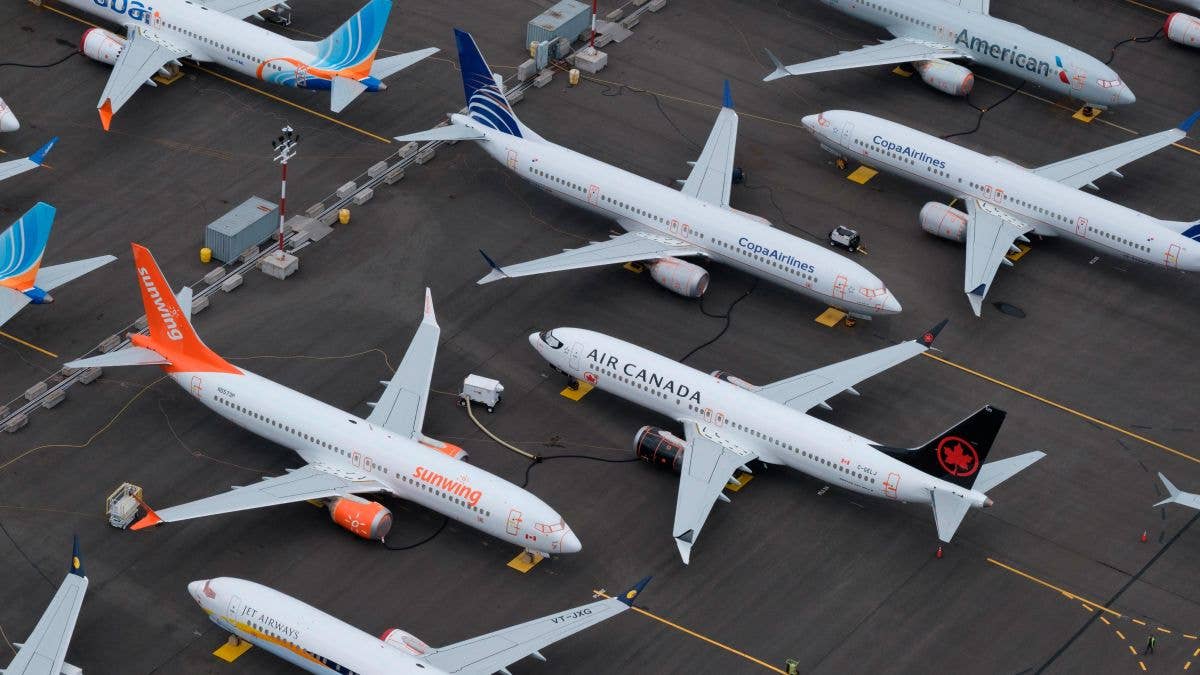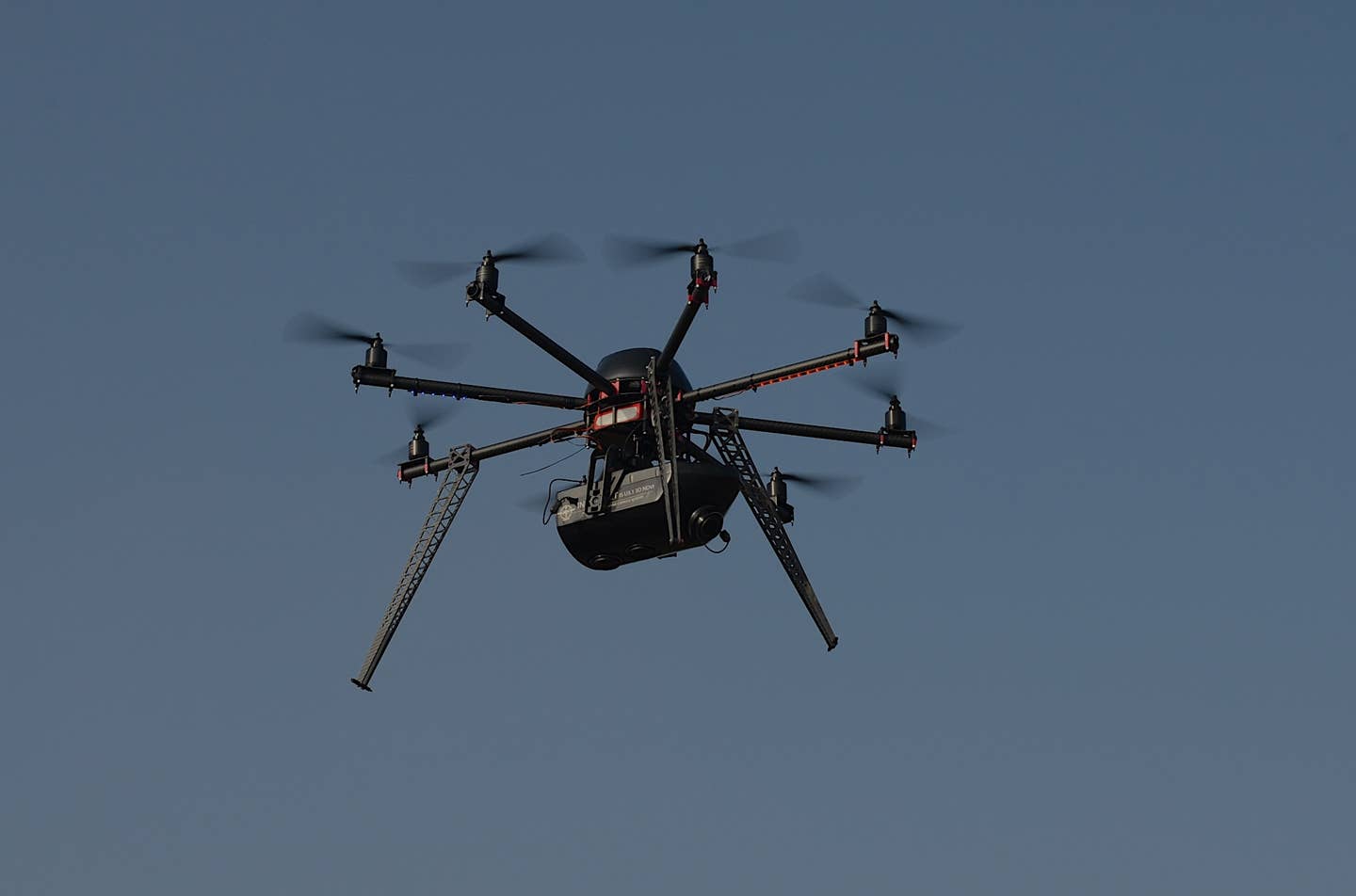MAX And The Diminishing Role Of Pilots
It now seems likely the MAX will return to service as early as the end of this year but the effects of the grounding will be felt for years. One of those effects will be on the role of pilots in flight safety.

The wording is being massaged, the lawyers are poring over every character and punctuation mark and the speech writers and communications folks are already well into their initial drafts of the public comments that will herald the beginning of the end of the most costly and disruptive aircraft grounding in history.
It looks like the recertification of the Boeing 737 MAX will happen sometime in the next couple of months, seven or eight months after the type was grounded in the wake of two horrific crashes in which it’s generally accepted that the aircraft seized control from the frantic pilots and dove themselves into the ground at near supersonic speeds.
The reports and pronouncements will deal with the process that investigated how a state-of-the-art aircraft from the world’s biggest airplane company could maneuver through what is supposed to be the most rigorous certification process on the planet with such a fundamental flaw.
Tough questions will be asked, procedures will be changed, public relations will be finely focused and systems will be checked and double checked.
And after all that is done to the satisfaction of those in the executive offices of the businesses, regulators and politicians involved, a couple of pilots will strap in, do their checks and assume ultimate responsibility for the fate of almost 200 utterly helpless souls in the back. That’s the way it’s been with pilots since the first tickets were sold for a short hop across an inlet separating Tampa and St. Petersburg, Florida, in 1914.
The irony is that while pilots were certainly involved with the investigations and the outcomes that will result, in many ways their concerns were incidental to the decisions being made. In fact, the whole development of the MAX was designed around minimizing the influence of the pilot on the business of moving people. Rather than treat the MAX as the entirely new airplane that it is, Boeing sold it as just another 737 that any 737 pilot could fly after looking over a few notes in an online presentation.
Of course, we all know better now and you can bet that training for the MAX will entail a lot more than some bedside reading.
But the real battle being fought through the process was about the nature of that training and it was won by Boeing. It’s almost certain that simulator training will not be required.
The core of Boeing’s marketing campaign for the MAX was the huge cost savings for airlines in pilot training and equipment. Pilots could continue to train on 737 NG simulators already owned by the airlines even though the cockpits and, as we learned tragically, flight characteristics and systems were much different.
Cost-conscious airline execs jumped at the chance to skip the tens of millions of dollars that new simulators would have cost. Only a handful of airlines thought better of that plan and bought simulators. In North America, Air Canada owns the only MAX simulator outside of the eight sims operated by Boeing in Seattle. There are only a few others in the rest of the world.
Boeing’s worst nightmare in the aftermath of the grounding was that simulator training would be a requirement of recertification. Simulators are complicated machines and building or retrofitting enough of them to train tens of thousands of pilots would have been enormously costly and pushed the return to service of the 600 grounded jets and the entry to service of hundreds more already built or on order back months or years.
It will be interesting to see how the training is structured to compensate for that lack of hands-on instruction and how it’s going to be accepted by pilots. I know of at least two pilots who consider the type fundamentally flawed and will refuse to fly it. One had made a major career move to train on the MAX and just walked away.
I have no doubt the training will be enough to prevent a repeat of the almost unbelievable circumstances of the Lion Air and Ethiopian Airlines tragedies but it does raise some question about the role of pilots in the safety decisions that underpin airline operations.
It’s something to ponder the next time you strap in, whether you’re at the front of the plane or in the back.






